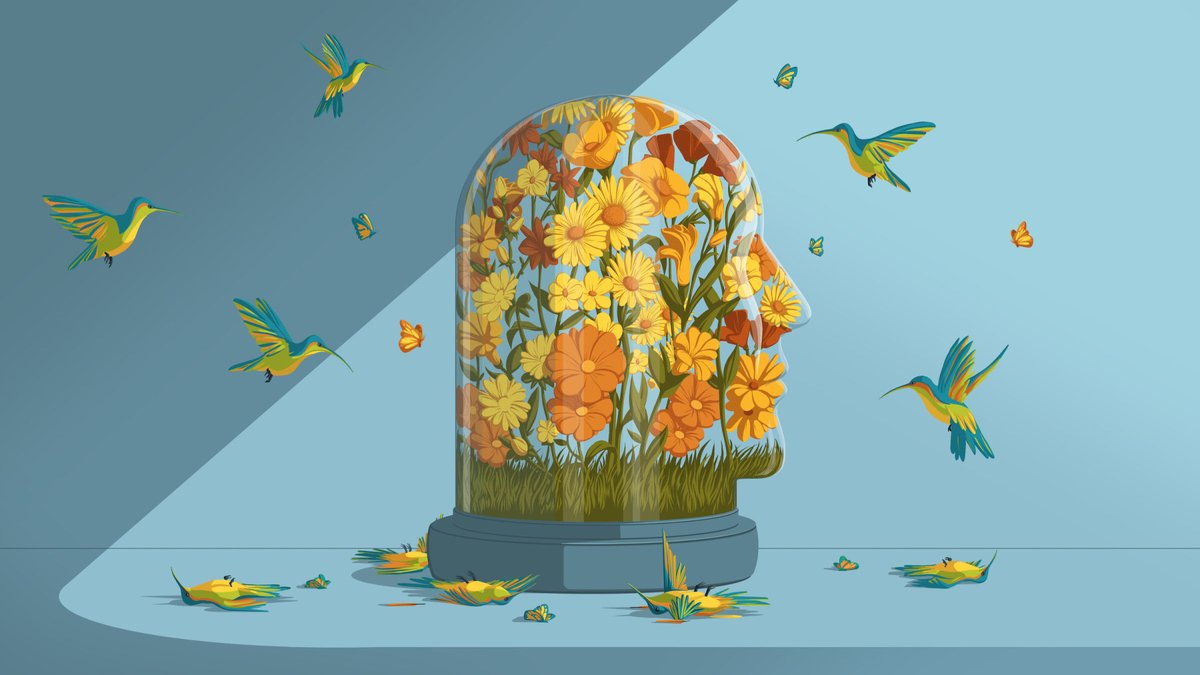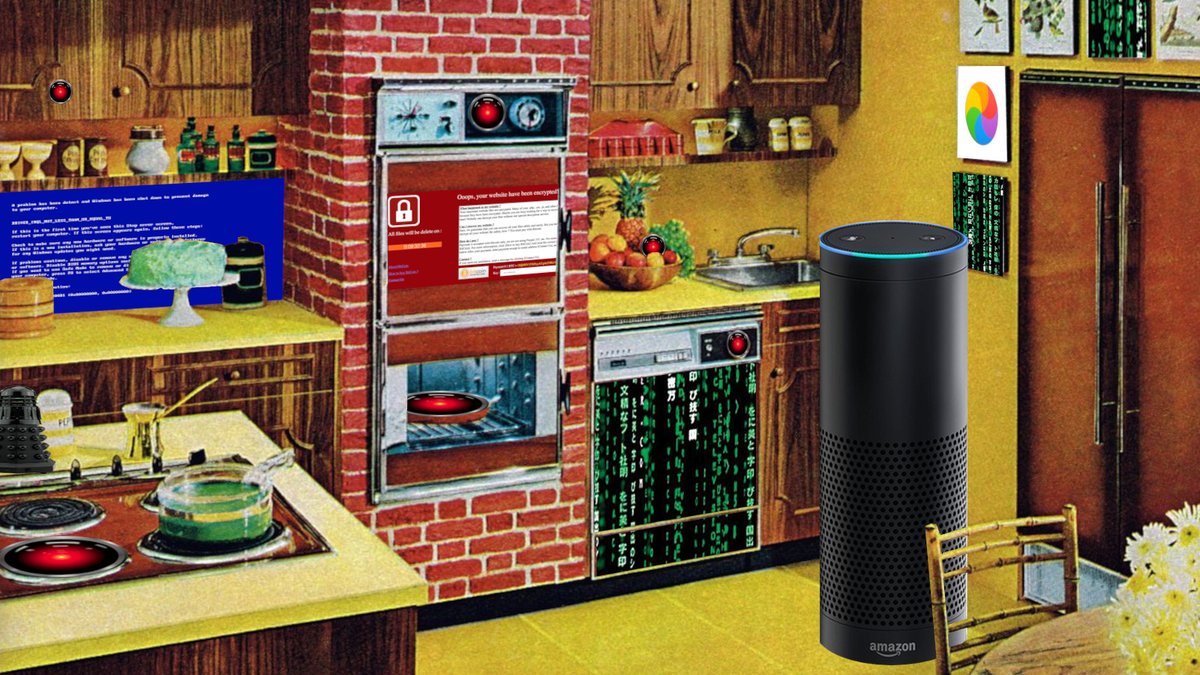Today, @ProjectReboot pubished "Unfair Use," an updated version of "IP," my September 2020 column for @locusmag, which I consider to be the most important piece I have written in my 13 years as a Locus columnist.
https://thereboot.com/unfair-use-anti-interoperability-and-our-dwindling-digital-freedom/
1/">https://thereboot.com/unfair-us...
https://thereboot.com/unfair-use-anti-interoperability-and-our-dwindling-digital-freedom/
1/">https://thereboot.com/unfair-us...
In the article, I describe how the copyleft/commons/floss world has spent decades fighting a losing battle to get people to stop saying "IP," on the grounds that copyright, trademark and patents aren& #39;t property, nor are they similar enough to group them under a single banner.
2/
2/
Instead, copyfighters insist that people either refer to specific laws ("copyright," "trademark," etc), or, if these disparate concepts MUST be grouped, let them be referred to using the original term-of-art, "authors& #39; monopolies" or "creators& #39; monopolies."
3/
3/
Now, working artists get understandably upset at being called monopolists. In competition law, monopolists are entities whose market power lets them set prices - I have a copyright in these words I& #39;m typing now, but I can& #39;t force anyone to pay me for them.
4/
4/
But last summer, I had something of a revelation. When you attune yourself to how businesses use "IP," it has a very crisp meaning: "IP is anything that lets me control the conduct of my competitors, customers and critics."
5/
5/
Anti-circumvention law is IP because it lets companies decide who can sell software for the devices they make - you can& #39;t buy software from your phone which you own without permission from its manufacturer, even if the person who made the software wants to sell it to you.
6/
6/
This is a very odd form of "author& #39;s monopoly" - a world in which authors and their audiences are legally prohibited from doing business with one another unless they get permission from a "market-power" monopolist.
7/
7/
That& #39;s how IP gives its owners control over customers and competitors - but this control also extends to critics.
The First Amendment guarantees US speakers the broad right to disclose true facts.
8/
The First Amendment guarantees US speakers the broad right to disclose true facts.
8/
But terms-of-service, anti-circumvention and other "IP" are routinely used to silence security researchers who discover defects in products, so that true, factual disclosures that inform customers about the risks they face from defective products can be literally felonized.
9/
9/
IP gives businesses control over competitors, critics and customers - and it gives monopolists an even more important power: the power to maintain and expand monopolies without risking antitrust enforcement.
10/
10/
Antitrust law has been in a doldrums for 40 years, ever since Ronald Reagan shot it in the guts, but one thing that rouses even our somnambulant antitrust enforces from hibernation is action that is explicitly in furtherance of the maintenance of monopoly.
11/
11/
That is, if you have a monopoly because your products sell better than other peoples& #39;, you& #39;re pretty safe. But if you owe your monopoly to activities that you specifically undertook to secure and expand a monopoly, you& #39;re in trouble.
12/
12/
Mark Zuckerberg got his company into SERIOUS trouble by admitting in writing that he wanted to buy Instagram in order to reduce his users& #39; ability to escape Facebook& #39;s surveillance (Instagram was attracting millions of ex-Facebook users).
13/
13/
But if Zuckerberg used IP to shut down Instagram - say, enforcing a patent against them, or using confidentiality and noncompete agreements to block his key employees from jumping ship - the US government wouldn& #39;t punish him, it would HELP him.
14/
14/
When you combine an "author& #39;s monopoly" with a "market-power monopoly," you get a terrifyingly effective hybrid: a monopoly that the government will fight to preserve, not fight to break up.
15/
15/
What& #39;s more, IP is interpenetrating the fabric of our lives (or, if you prefer, "software is eating the world"). Every IoT device with software in it can be configured so that software gives IP protection - over customers, critics and competitors.
16/
16/
All of this to say that rather than fighting to end use of the term "IP," we should instead make explicit its latent meaning: the monopolistic and nightmarish ability to control critics, customers and competitors.
eof/
eof/
ETA - If you& #39;d like an unrolled version of this thread to read or share, here& #39;s a link to it on http://pluralistic.net"> http://pluralistic.net , my surveillance-free, ad-free, tracker-free blog:
#ip">https://pluralistic.net/2021/04/13/public-interest-pharma/ #ip">https://pluralistic.net/2021/04/1...
#ip">https://pluralistic.net/2021/04/13/public-interest-pharma/ #ip">https://pluralistic.net/2021/04/1...

 Read on Twitter
Read on Twitter



